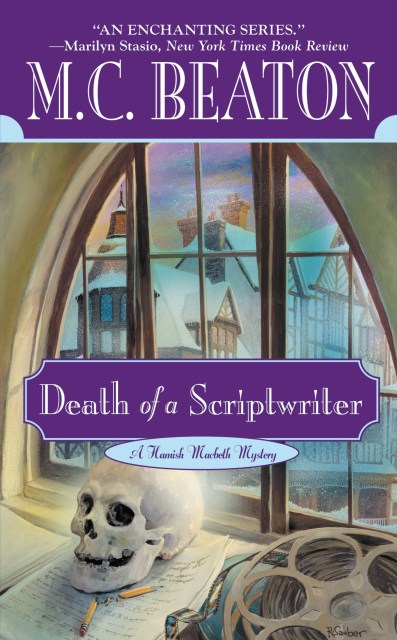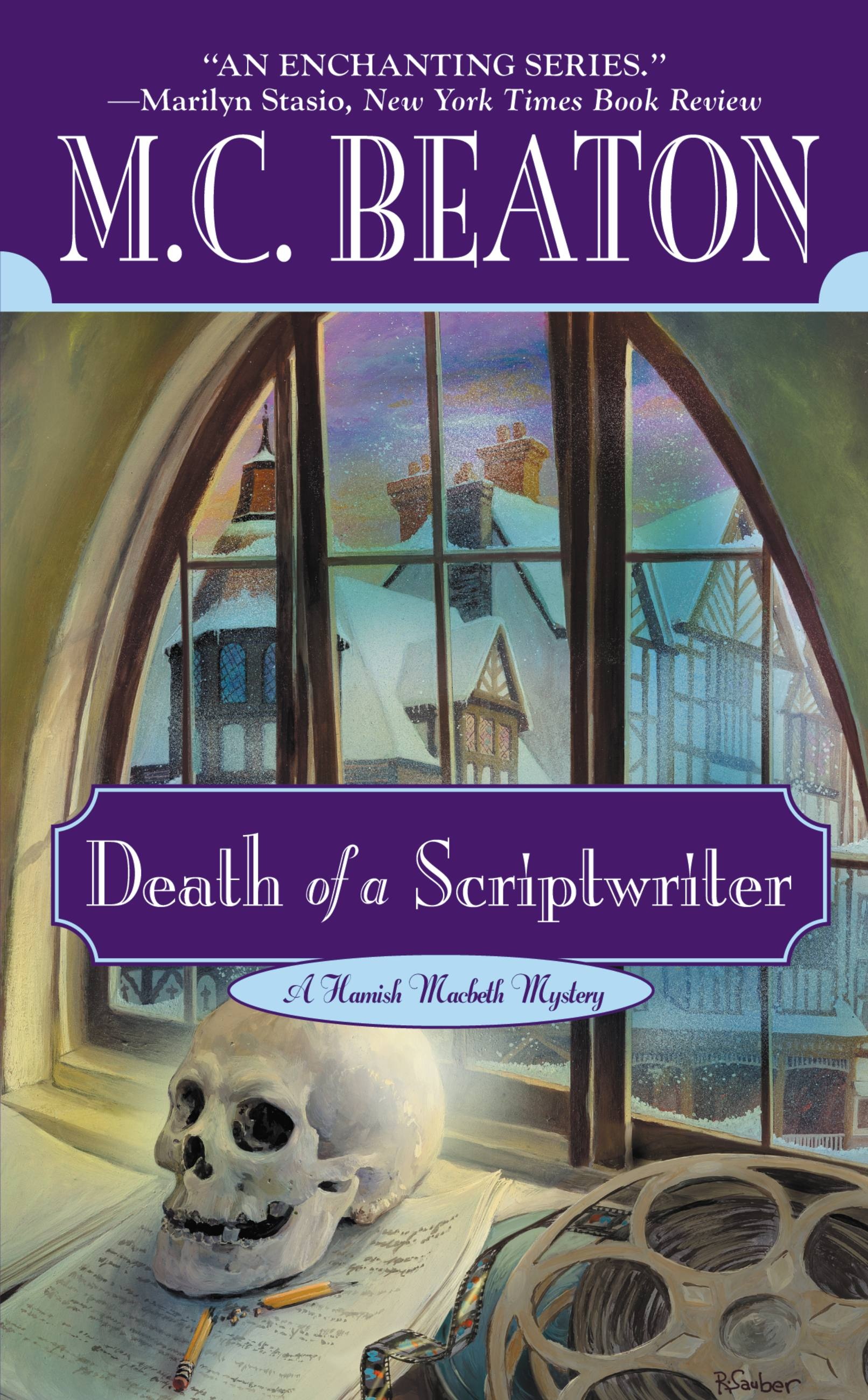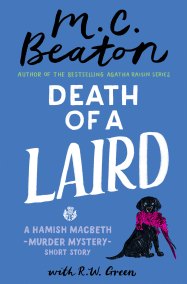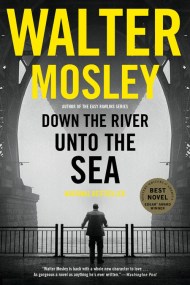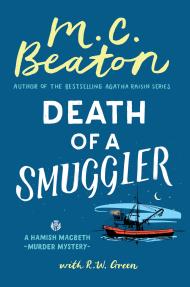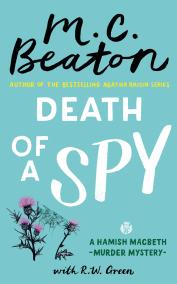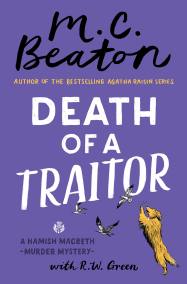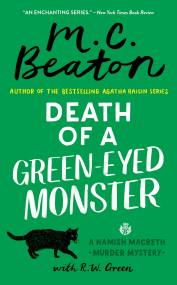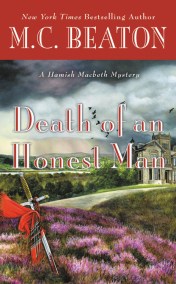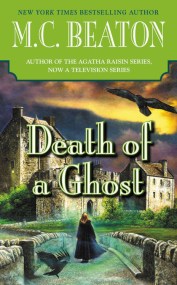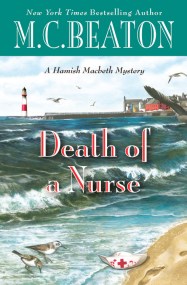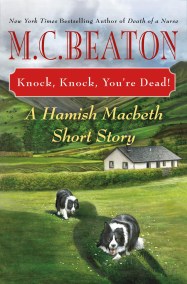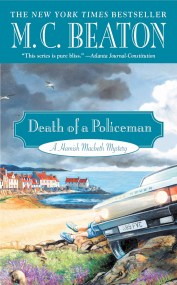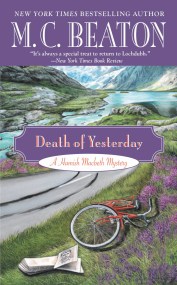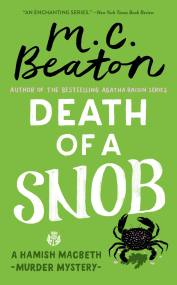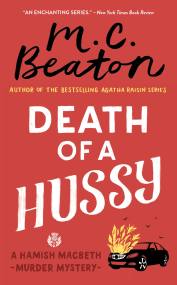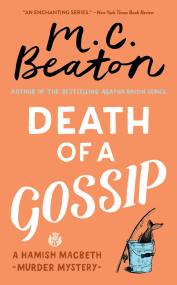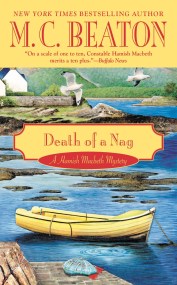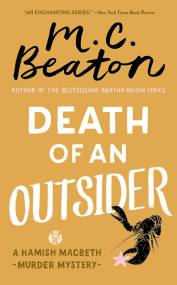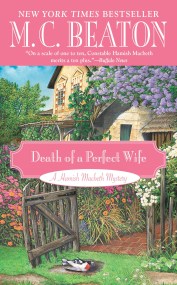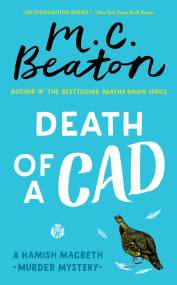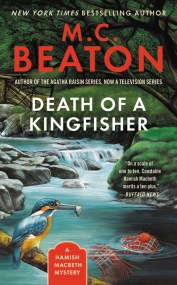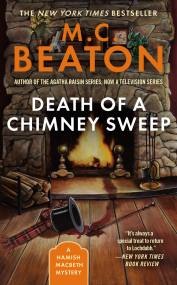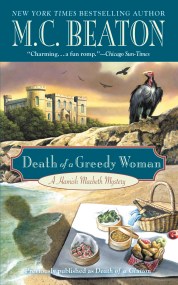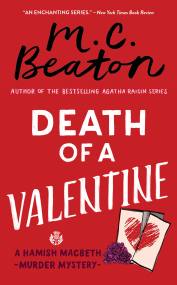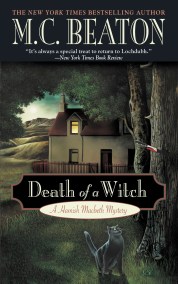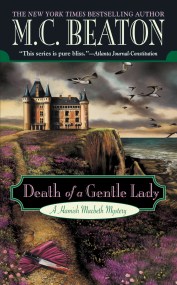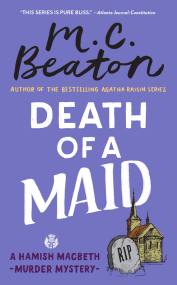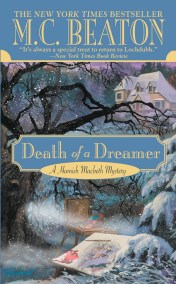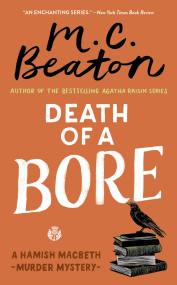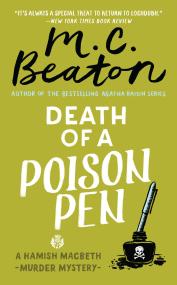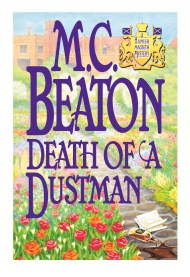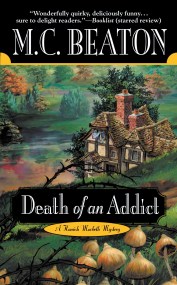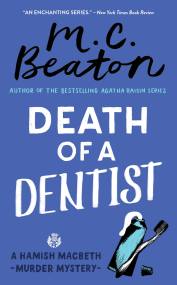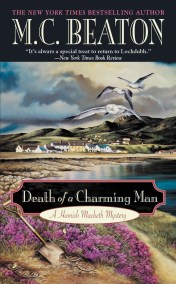Promotion
Sign up for our newsletters save 20% off your next purchase. Shop now.
Death of a Scriptwriter
Contributors
By M. C. Beaton
Formats and Prices
Price
$9.99Price
$12.99 CADFormat
Format:
- Trade Paperback $9.99 $12.99 CAD
- Hardcover $23.00 $30.00 CAD
This item is a preorder. Your payment method will be charged immediately, and the product is expected to ship on or around June 1, 1999. This date is subject to change due to shipping delays beyond our control.
Also available from:
From the author of the Agatha Raisin television series…
DEATH OF A SCRIPTWRITER: A Hamish Macbeth Mystery
HOLLYWOOD IN THE HIGHLANDSWith the lovely Priscilla Halburton-Smythe away in London, Lochdubh Constable Hamish Macbeth pines for company during the long Scottish winter. He gets his wish — and more — when a troupe of flashy, urbane filmmakers clamors into the nearby town of Drim. Before long bedlam erupts around their make-believe mystery …and culminates in the sudden appearance of one very real corpse.
The initial suspect in the killing is one Patricia Martyn-Broyd, the aging mystery writer furious that her musty old cozies are getting a risque face-lift in their TV reincarnation. Yet, going behind the scenes, Hamish soon finds a town full of locals bitten by the movie bug and a cast of quarreling show business types, all harboring their own secrets, lies, and hidden agendas. And as the culprit strikes again, Hamish must quickly find the right killer — or script the wrong finale to a show gone murderously awry.
Series:
- On Sale
- Jun 1, 1999
- Page Count
- 224 pages
- Publisher
- Grand Central Publishing
- ISBN-13
- 9780446606981
By clicking 'Sign Up,' I acknowledge that I have read and agree to Hachette Book Group’s Privacy Policy and Terms of Use
